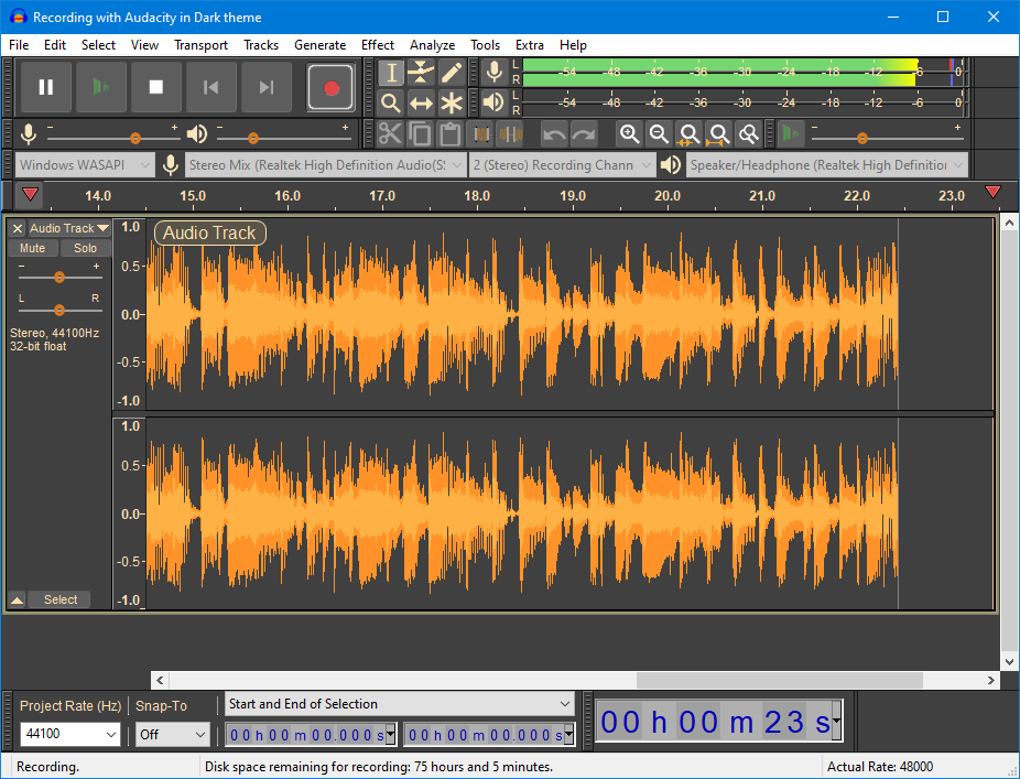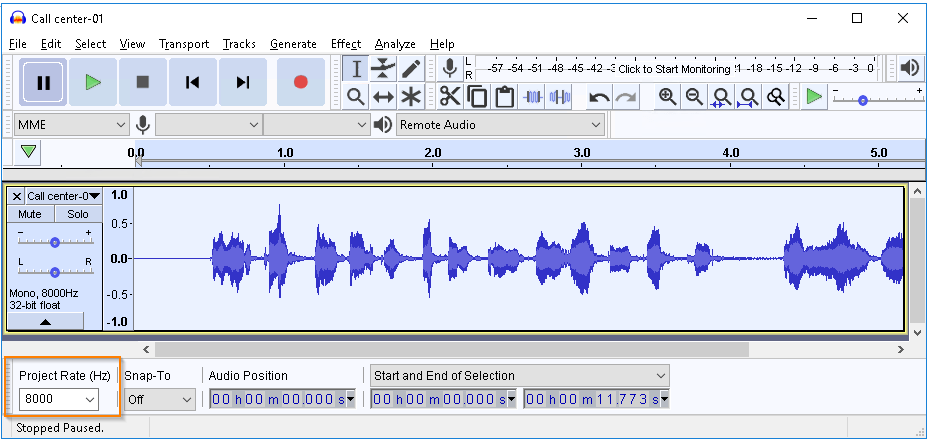

This change just puts Audacity in line with countless other apps that harvest your data.Meta: Looking for a free software to record and edit audio on Mac? Audacity is a great choice. Or if you have read the privacy policy and don’t mind the terms, you can keep using the main release.

You can also download older versions of the Audacity program for now that do not have “phone home” functionality.

While the Muse Group may own the development of the main release, there are several versions of the program across the web. Thankfully, Audacity is open source so you can still download other versions of the program. A large portion of the user base are advocates for privacy, and this vague from concerning change is seen as a betrayal of Audacity’s users and history. Users have not been pleased with this latest change. Screenshot from the Audacity Privacy notice. That’s a significant change to Audacity after over 20 years of development. They list the personal data they collect as, “Data necessary for law enforcement, litigation and authorities’ requests (if any)” without any limitations. The main issue most have with the change is the vague and overarching wording, especially within the legal enforcement section. The analytics are limited to more specific information including the OS version, CPU, user country (based on IP), and error codes. The new owners break down the two main types of data they collect including data for analytics and for legal enforcement. The Audacity Privacy notice was updated on July 2 to include new data collection provisions. There weren’t many issues with that change until now.

Earlier this year, Muse Group acquired the development project and would be continuing the main fork. Audacity grew in popularity fast thanks to being both free and open-source. Since its first release in 2000, Audacity has served as a useful audio editing tool for both Windows and Mac.


 0 kommentar(er)
0 kommentar(er)
